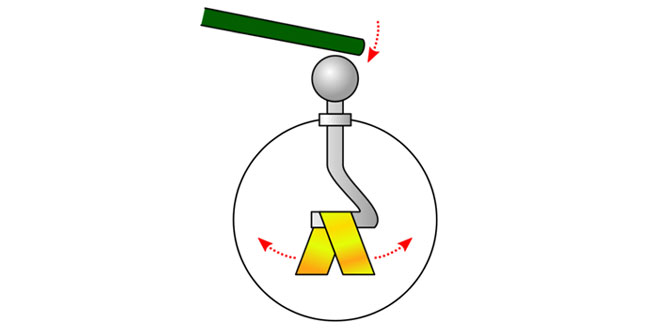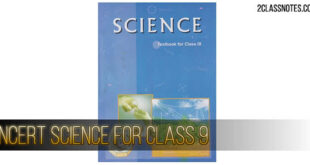Question: What is an electroscope?
Answer: An electroscope is a device used to detect and measure electric charge.
Question: What is ‘earthing’?
Answer: The process of transferring of charge from a charged object to the earth is known as earthing. A lightning conductor on a building transfers the charges from a cloud to safely flow through it to the earth.
Question: Explain why, when two bodies, charged by rubbing them together, acquire equal and opposite charge.
Answer: Every atom has equal number of positive and negative electric charges. The positively charged particles are firmly bound in the atom while the negatively charged particles are more loosely bound. Thus, by rubbing it is possible to remove some of the negatively charged particles. This is why when two bodies are charged by rubbing them together one acquires positive charge by loosing positively charge and other acquires negative charge by receiving negatively charge.
Question: What is the difference between static and current electricity?
Answer: Static electricity refer to study of charges at rest, whereas current electricity refer to study of charges in motion.
Question: What is an electric discharge? Under what conditions does it occur?
Answer: When negative and positive charges meet, producing streaks of bright light and sound. This process is called an electric discharge. When the accumulation of charges between lower part of clouds and earth becomes large, it is sufficient to break the insulation of air. As a result, negative and positive charges meet and produce electric discharge.
Question: In what situation can lightning be dangerous? How can the danger to tall buildings be reduced?
Answer: Lightning can be dangerous in the following situations:
- When two clouds with unlike charges come near each other.
- When clouds charge tall buildings and trees by induction.
- The danger to tall buildings can be reduced by placing a lightning conductor on them. If lightning strikes the building, it flows harmlessly to the earth through the conductor.
 Class Notes NCERT Solutions for CBSE Students
Class Notes NCERT Solutions for CBSE Students


